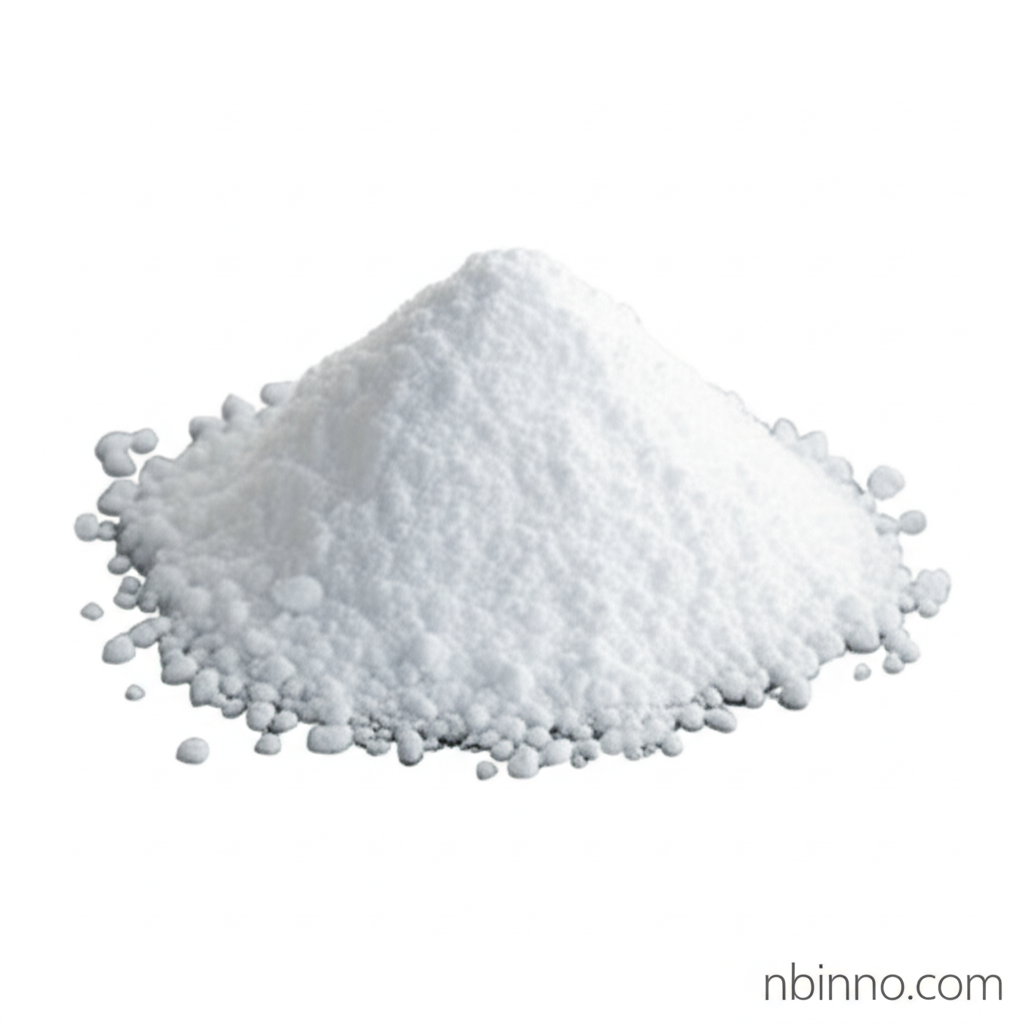Ammonium Sulfate: A Comprehensive Guide to its Properties, Applications, and Benefits
Discover the essential role of ammonium sulfate in agriculture, industry, and biotechnology. Learn about its key properties and benefits.
Get a Quote & SampleProduct Core Value

Ammonium Sulfate
Ammonium sulfate is a highly versatile inorganic salt, primarily recognized for its significant contribution to agriculture as a nitrogen and sulfur-rich fertilizer. Its properties make it invaluable across various industrial and scientific fields, from biotechnology to food production.
- Benefit of ammonium sulfate for plants: The nitrogen content is crucial for plant growth, aiding in protein synthesis and overall development, particularly beneficial for alkaline soils.
- Exploring ammonium sulfate industrial applications: Beyond agriculture, it serves as an effective flame retardant in textiles and a crucial protein precipitant in laboratory settings for purification processes.
- Understanding ammonium sulfate chemical properties: With a purity of at least 99% for agricultural grade, it offers 21% nitrogen and 24% sulfur, boasting high water solubility and a pH range suitable for various applications.
- Investigating ammonium sulfate uses in baking: As a dough conditioner, it improves texture and rise in bread products, demonstrating its utility in the food industry.
Key Advantages of Ammonium Sulfate
Soil Health Improvement
Leveraging the ammonium sulfate benefits for plants, it acidifies alkaline soils, creating a more favorable environment for nutrient uptake and enhancing crop yields.
Versatile Industrial Utility
The wide range of ammonium sulfate industrial applications, including its role as a flame retardant and in protein precipitation, underscores its chemical versatility.
Enhanced Herbicide Performance
When used as an agricultural spray adjuvant, it can boost the effectiveness of herbicides, contributing to better weed control and crop management strategies.
Key Applications
Agriculture
As a primary nitrogen and sulfur source, it's essential for crop nutrition, especially in alkaline soil conditions, optimizing plant growth.
Biotechnology
In laboratories, it's a vital reagent for protein precipitation and purification, a core technique in molecular biology and biochemistry.
Food Industry
It functions as a dough conditioner in baking, improving the quality and texture of bread and other baked goods.
Industrial Processes
Its use as a flame retardant in textiles and for pH adjustment in wastewater treatment highlights its broad industrial significance.
